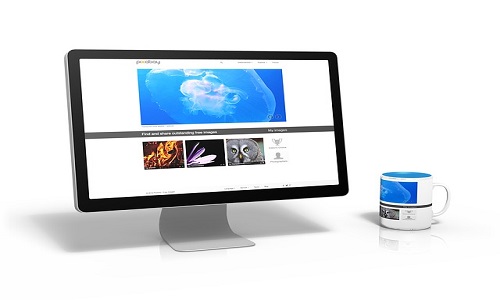How do business owners gain edge on the competition? Some leverage organizational tools like POS (or point-of-sale) systems. POS intelligence aids owners in a number of ways, improving inventory data, sales numbers, progress of new items, etc.

Accelerate learning of POS systems for better business productions.
Better Inventory
Keeping track of inventory, ensuring numbers coalesce with metrics, is essential to any business. Often, ‘shrinkage’ occurs; owners are thrown by asymmetry regarding numbers and books. POS systems help with immediate consumer transactions also providing superior inventory intelligence.
Better inventory assures better management and better management recruits more revenue.
Manage Sales
Consumers love saving money. In many cases, buyers switch brands based on minimal savings. Therefore, businesses afford sales in exchange for greater commerce. POS systems track popular products and services, entities lowered in price to attract more sales and returning customers.
Sales become risks when poorly engineered. POS systems provide specific data, unearthing the monetary outcomes of sales endeavors.
New Items and Promotions
In addition to sales, new items and special promotions usher excitement and commerce to brands. However, small business owners struggle measuring the effectiveness of a new item or unique promotion. Such data augments promotions in the future and gives owners a point of reference regarding novel products. POS systems track data in real time, helping owners truly gauge the effectiveness and return on promotions.
What is the true value of a given item or service? POS systems help answer that crucial business question.
Scaling
Successful enterprises scale, producing new locations. In some instances, added stores equal greater problems with consistency. POS systems ensure a ‘cookie-cutter’ transition and unwavering consistency regarding brand products and services. Customers grow irritated when confronted with inconsistencies and price differences. Point-of-sale systems maintain order and foster progress.
POS systems make scaling easier and free of anxiety.
Add-Ons
Point-of-sale systems do a variety of tasks; such contrast is why interested parties ask vendors a number of specific questions. Understanding one’s needs helps vendors deliver, possibly tailoring a POS system according to unique business model. Explore all options regarding specific POS systems and vendors; seek services that have experience helping businesses in your industry.
When it comes down to a number of desirable systems comparable in price, look to add-ons to help make a decision.
Automation
A number of executive functions need automation, making it easy for owners to allocate time or work remotely, away from their store. Owners struggle, juggling work and life. Automated work processes grant owners more time. Time is spent away from the store or focused on core needs without productivity suffering because of it.
Automation is a small business owner’s friend. POS systems introduce a number of automated possibilities.
More Time and Resources
A point-of-sale software system presents a learning curve for leveraging owners and their staff but becomes an incredible business tool. Therefore, after mounting the hump of the learning curve, in-house staff has more time to focus on stocking, helping consumers, marketing promotions, etc.
POS systems provide value in addressing immediate needs but also in granting additional time and resources, which can be directed toward better business practices.
Chris Allen has a passion for user-friendly POS systems. He appreciates how appropriate software and equipment can greatly effect efficient daily operations for a given business. He enjoys writing about usual questions and concerns in POS options.


